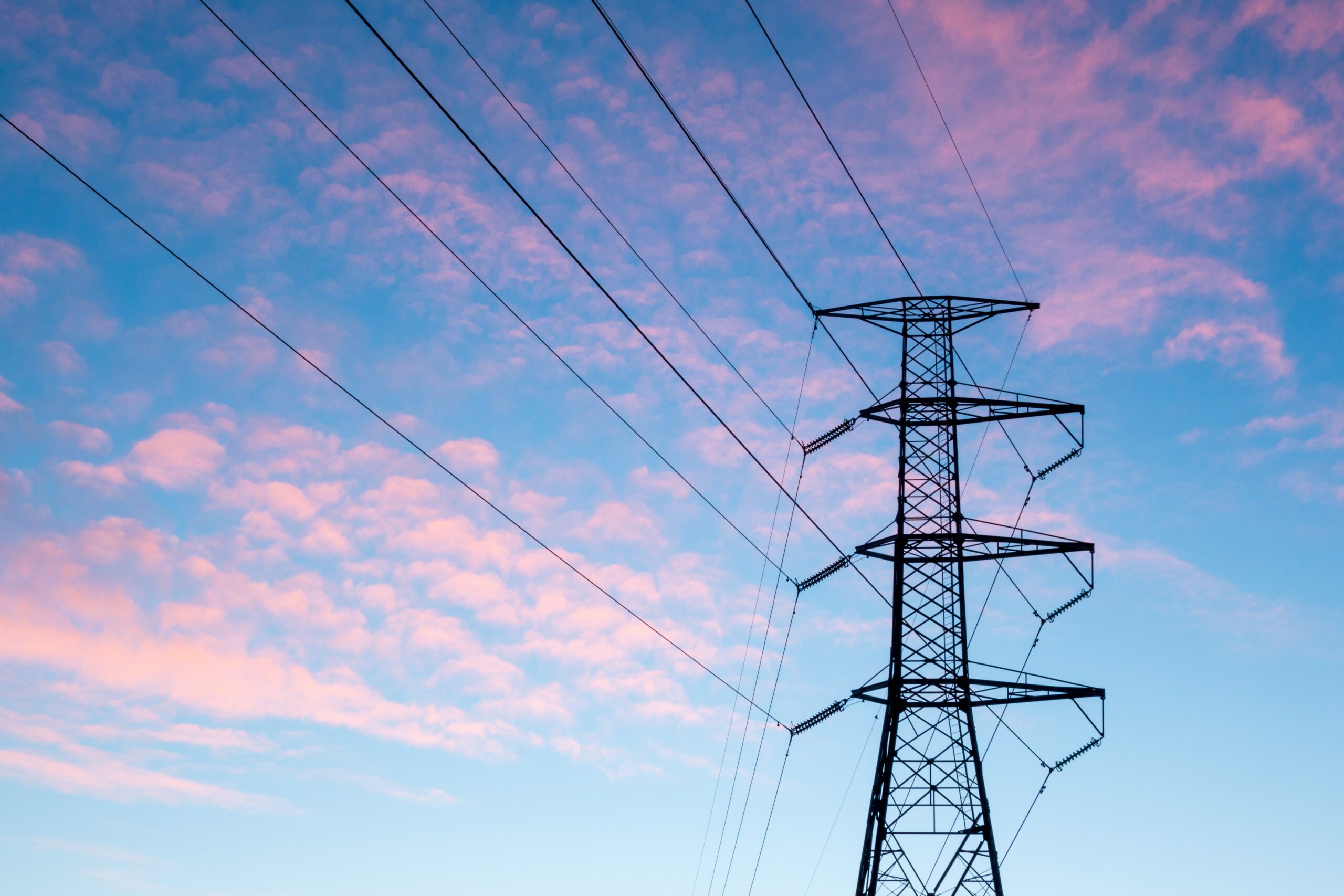Introduction
This briefing on the UK Energy Bill is provided by members of the Hydrogen Science Coalition, which is a group of independent academics, scientists and engineers who are working to bring an evidence-based viewpoint to the heart of the hydrogen discussion.
We stand for supporting what the scientific evidence indicates, putting facts at the centre of any justification for using hydrogen in the energy transition. Our aim is to ensure that any public investments in hydrogen reflect the most effective path forward in the journey towards net-zero emissions by 2050.
Summary
(i) The UK Energy Bill is unclear about energy efficiency, which should be its central policy.
(ii) Promoting heat pumps is the single most important measure that could be implemented to improve the energy efficiency of the UK. It would reduce the energy cost to the economy of heating the UK’s housing stock by a factor of 6 compared to the alternative of heating by green hydrogen boilers.
(iii) It is unlikely that the UK could ever build a heating system based on green hydrogen. The amount of renewable electricity required and the economic costs are both implausible. Building sufficient renewable electricity generation would indefinitely delay decarbonisation of the UK economy.
(iv) The UK would need to use 45% more natural gas for heating if the energy was delivered via blue hydrogen boilers than if the heat was delivered by natural gas boilers. Based on 2022 figures, the switch to blue hydrogen would increase the UK’s natural gas imports to 66% of consumption, significantly damaging the nation’s energy security. This proportion of imported gas will increase significantly in the next decade as North Sea gas production falls.
(v) Heating UK homes via blue hydrogen would increase domestic gas bills by 70% to 80%.
(vi) To ensure that hydrogen production is sufficiently clean for heat decarbonisation out to 2035, the BEIS ‘Clean Hydrogen Standard’ needs to be tightened to a threshold emissions value of 1.0 kgCO2e/kg H2.
(vii) Introduction of hydrogen into UK homes will significantly increase the risk of serious explosions and fires as well as increasing exposure to NOx emissions which pose a significant public health risk.
(viii) The provisions of Clause 108 of the Energy Bill ‘Modifications to the Gas Code’ that compel consumers to take part in hydrogen heating trials are unjustified. This bill should not be promoting hydrogen heating trials that expose consumers to health and safety risks and excessively high energy costs.
(ix) The proposed hydrogen levy on electricity consumption and the raft of associated provisions in the Energy Bill are ill-conceived and will cause wasteful high carbon solutions to be promoted instead of energy-efficient electrical solutions. This will be detrimental to the national energy transition and very expensive for the economy. The proposed hydrogen levy should be removed from the bill.
(x) The Energy Bill should include provisions to electrify everything possible and only use hydrogen where absolutely necessary, for chemical applications.
You can read our full submission here.



